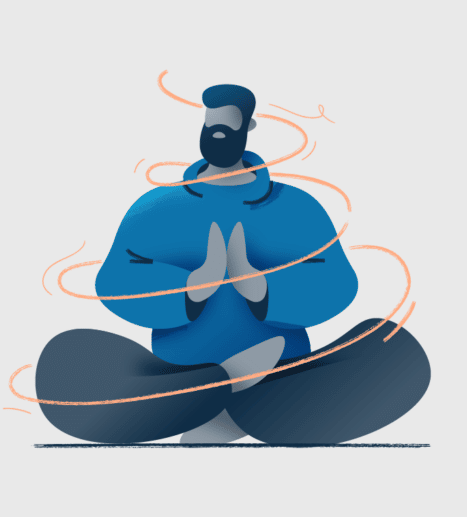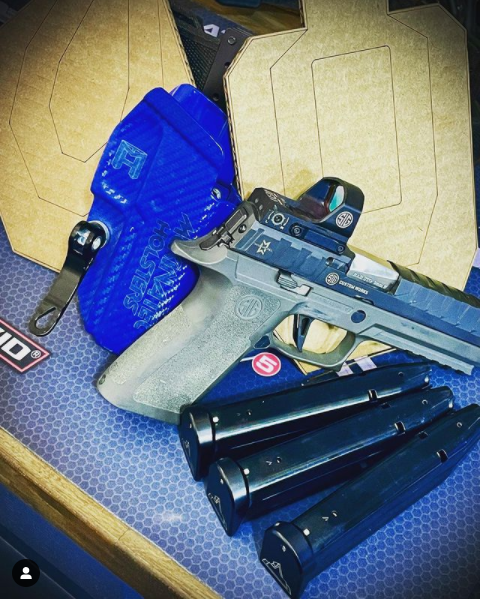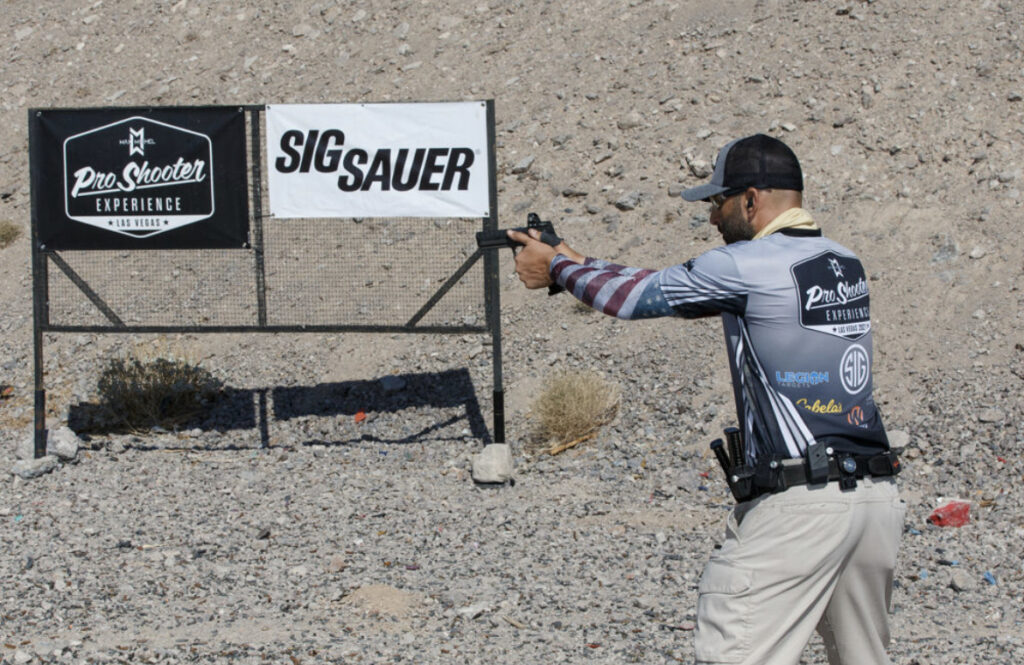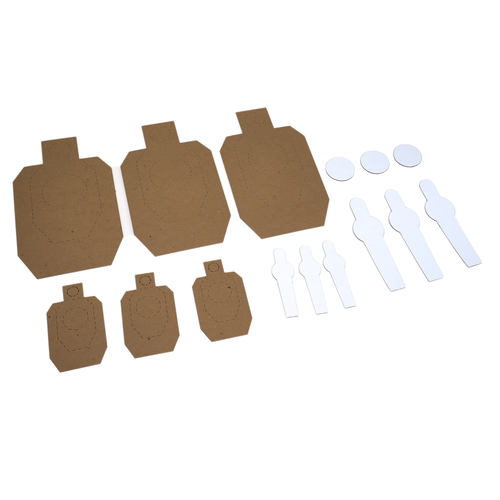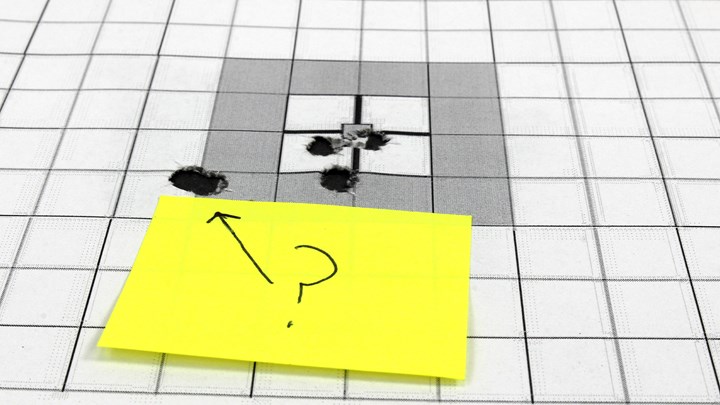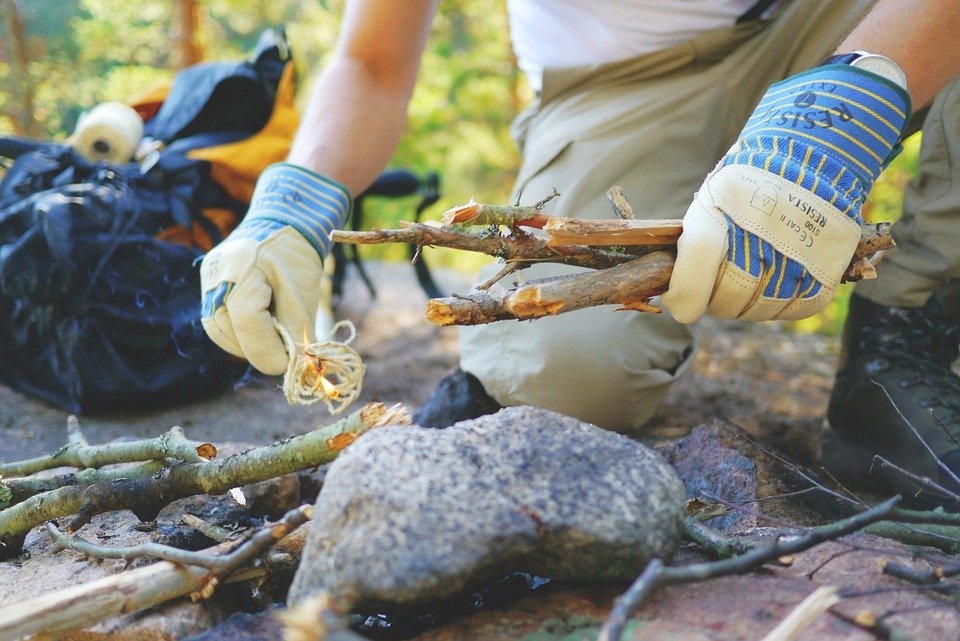Firearms safety is essential for everyone who handles firearms. By following basic safety rules, you can help to prevent accidents and injuries.
In this blog post, we'll discuss the basic rules of firearms safety. We'll also provide some tips for staying safe when handling firearms.
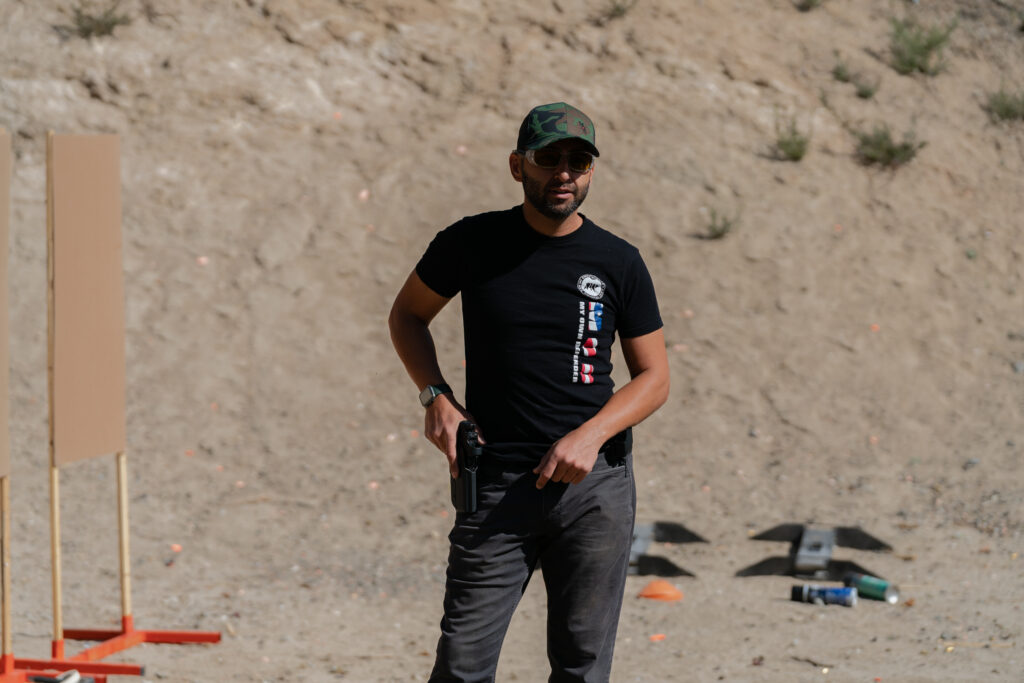
Here are the basic rules of firearms safety:
- Treat every firearm as if it were loaded. Even if you know that the firearm is unloaded, always treat it as if it were loaded.
- Never point a firearm at anything you are not willing to destroy. This includes people, animals, and property.
- Keep your finger off the trigger until you are ready to fire. This will help to prevent accidental discharges.
- Be aware of your target and what is beyond it. Make sure that you know what is behind your target before you fire.
Here are some tips for staying safe when handling firearms:
- Take a firearms safety course. This is a great way to learn the basics of firearms safety and handling.
- Practice regularly. The more you practice, the more comfortable you will become with firearms and the less likely you are to make a mistake.
- Be aware of your surroundings. Make sure that you are aware of what is going on around you when you are handling firearms.
- Never drink alcohol or take drugs before or while handling firearms. This can impair your judgment and make it more likely that you will make a mistake.
Firearms safety is essential for everyone who handles firearms. By following the basic rules of firearms safety, you can help to prevent accidents and injuries.
Here are a few additional tips for staying safe when handling firearms:
- Never leave a firearm unattended. Always keep firearms in a safe place when you are not using them.
- Be aware of the laws in your area regarding firearms. The laws vary from state to state, so it is important to know what the laws are in your area.
- If you are ever unsure about how to handle a firearm, ask a qualified instructor for help. It is always better to be safe than sorry.
I hope this blog post has been helpful in providing you with some basic information about firearms safety. By following these tips, you can help to ensure that you are handling firearms safely and responsibly.
Thank you for reading!
